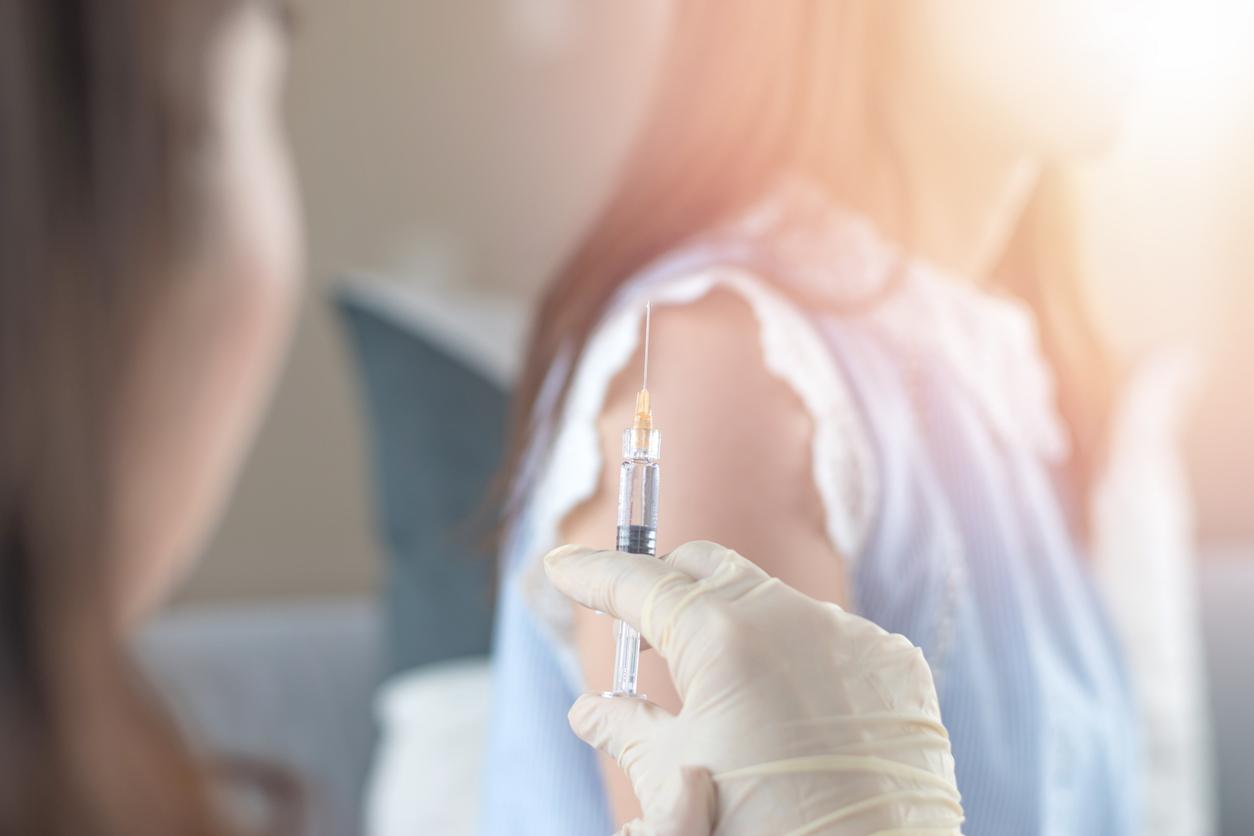The scientific council of the Huntington France association and the reference center for Huntington’s disease have set up the first French Huntington’s disease day this Friday, October 11. A series of conferences bringing together researchers, care structures, institutional players and families are being held at the Institut Curie with the aim of “informing about progress in research and medicine and to strengthen the mobilization around participatory approaches.
This day is an opportunity to recall what this hereditary neurodegenerative condition consists of, which leads to a profound and severe alteration of physical and intellectual capacities, and to take stock of current medical advances. People who suffer from Huntington’s disease develop psychological symptoms (depression, aggression, agitation), cognitive disorders (memory problems, confusion) as well as motor problems (balance disorders, speech, swallowing). Because of the variability of symptoms, the diagnosis is often difficult and long to establish. “Clinical examinations as well as the family history with its antecedents are decisive”, recalls the Huntington France association. Moreover, it is possible for a person at risk to carry out a predictive test. When one of the parents is affected, the children have a risk in two of inheriting the bad gene which will cause the disease.
The age of onset of symptoms is linked to the genetic anomaly responsible for the disease. The more repetitions of a certain gene, the earlier the disease occurs, around the age of 30. And conversely, the lower the number of repetitions, the more the disease is delayed, with the appearance of the first motor disorders around the age of 50. “Nevertheless, there is individual variability which means that other factors would influence the age of onset of symptoms”, specifies the National Institute of Health and Medical Research (Inserm).
Currently, “transitory treatments make it possible to limit the effects of the disease, to prolong the duration of life while maintaining the patient’s family landmarks for as long as possible”, indicates the association, “the life of an affected person is possible thanks to a helping family circle, thanks to specialized medical teams and all the external devices that can be found”. End of August, two genetic factors involved in the age of onset of the disease have been identified by Inserm researchers : “The prognostic power of these two genes remains to be verified on a larger cohort. But if, in the future, we manage to develop a preventive drug to delay the onset of symptoms, these genetic modifiers will make it possible to better prioritize patients.”


















